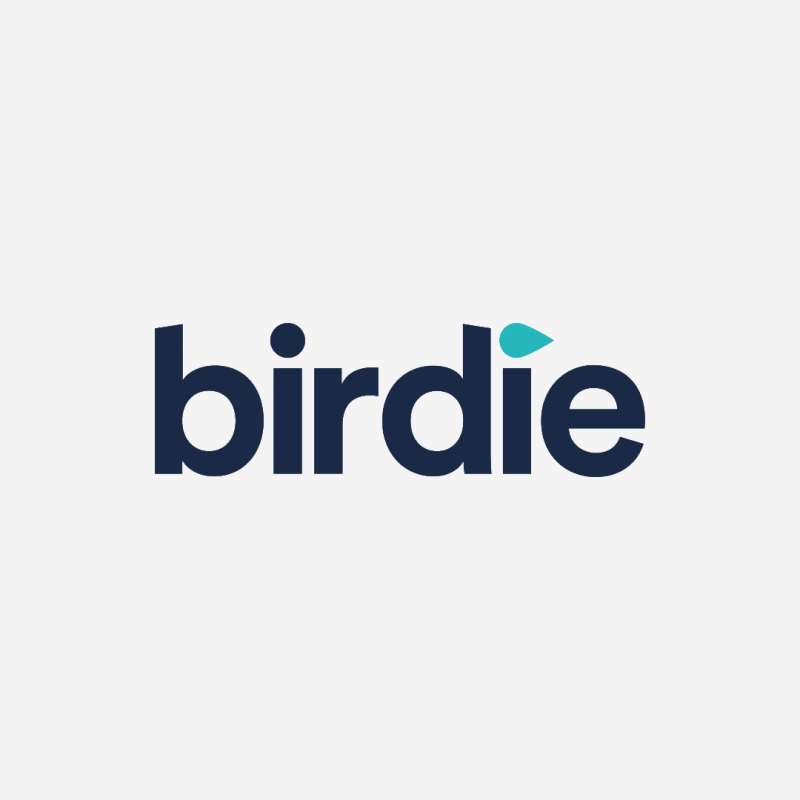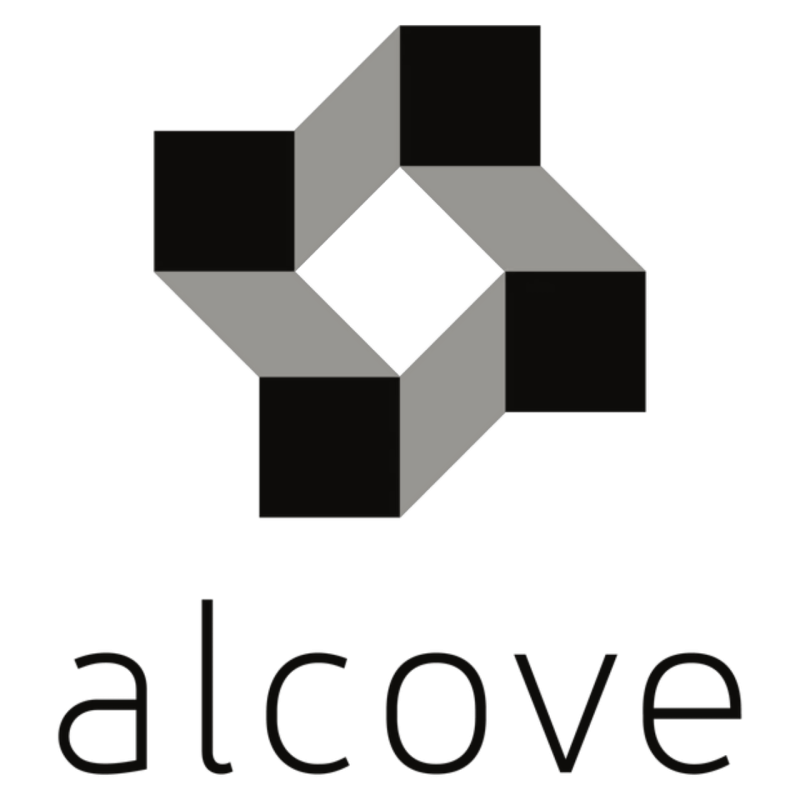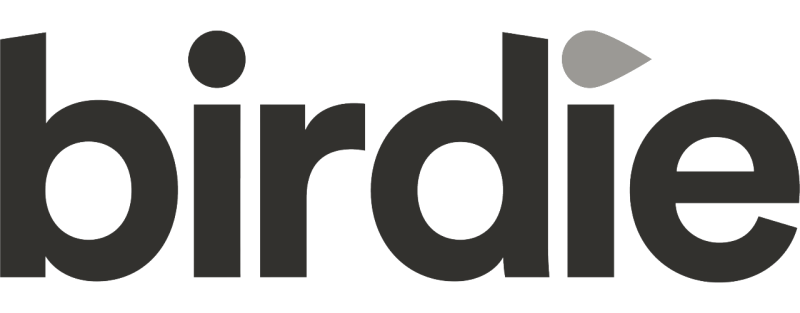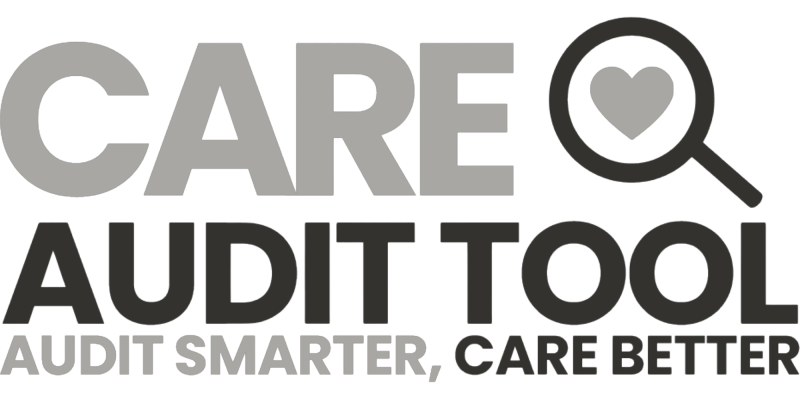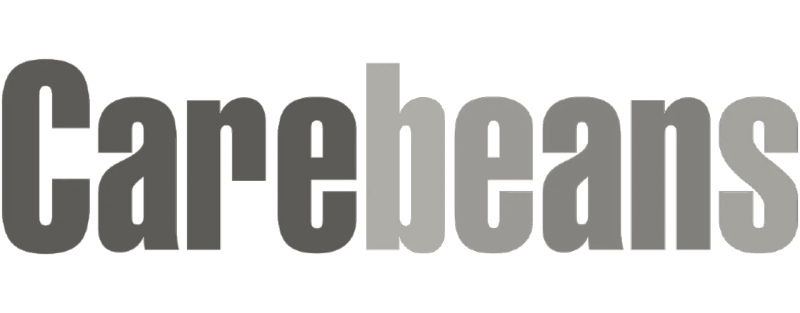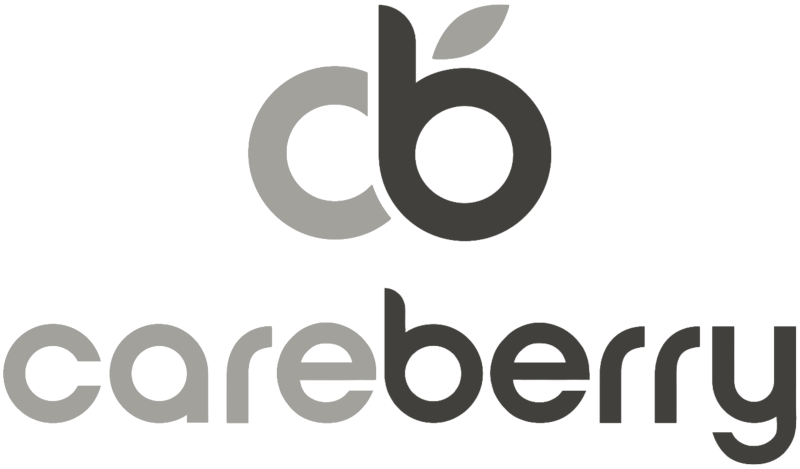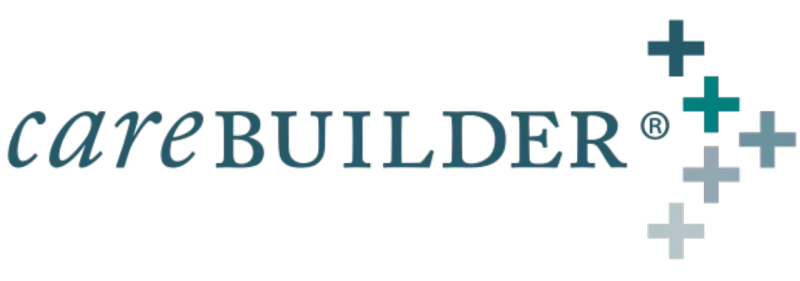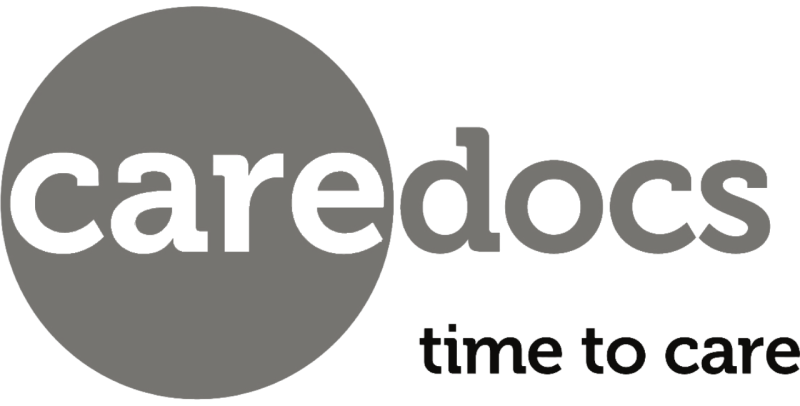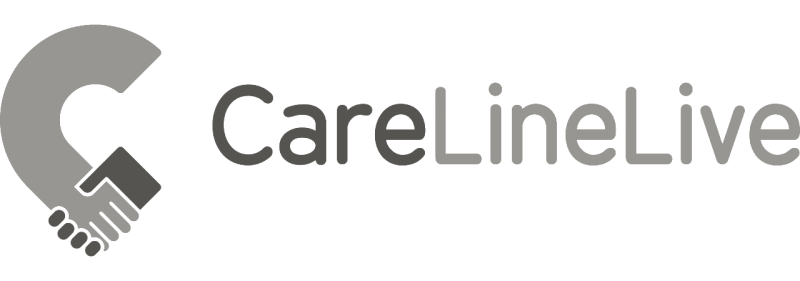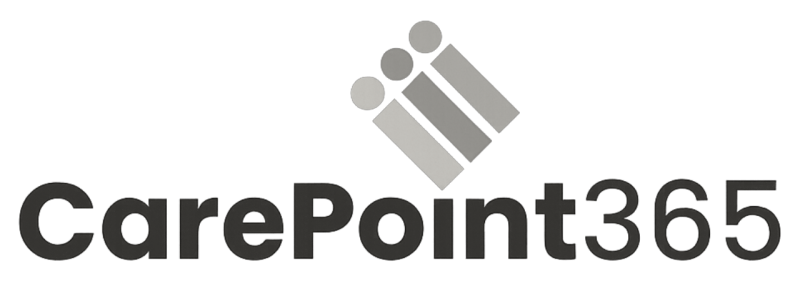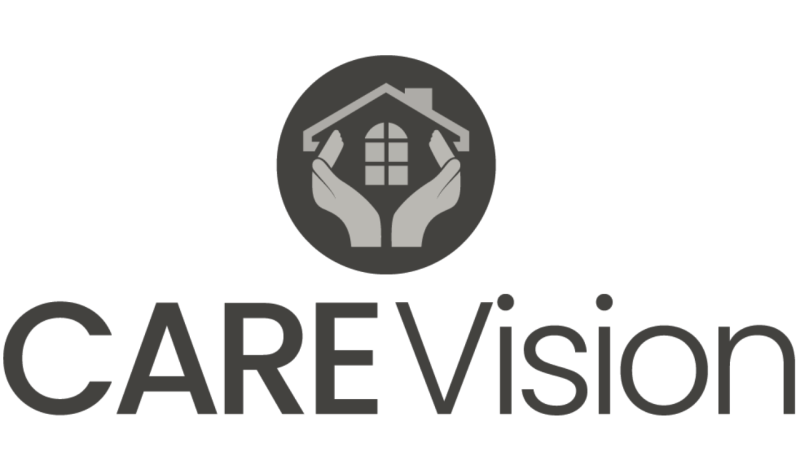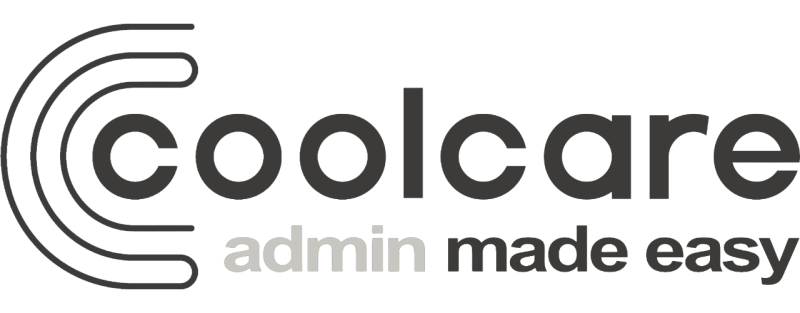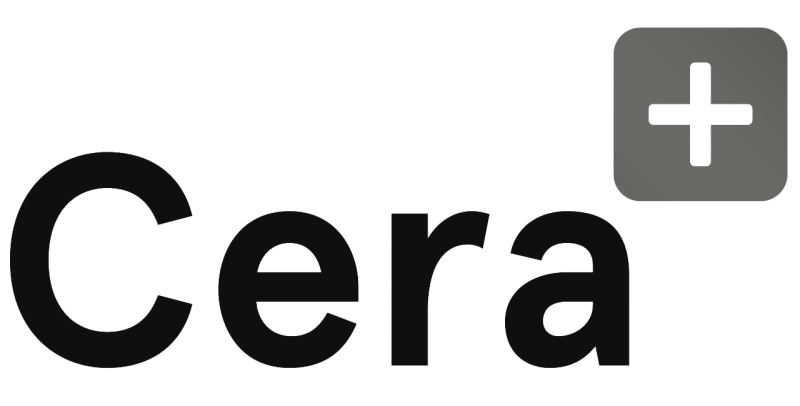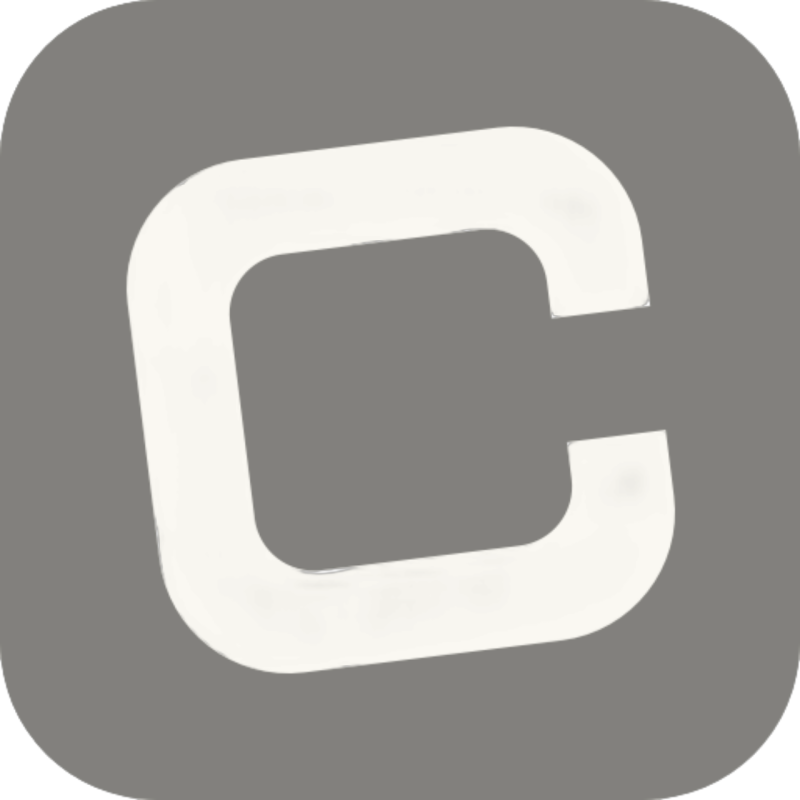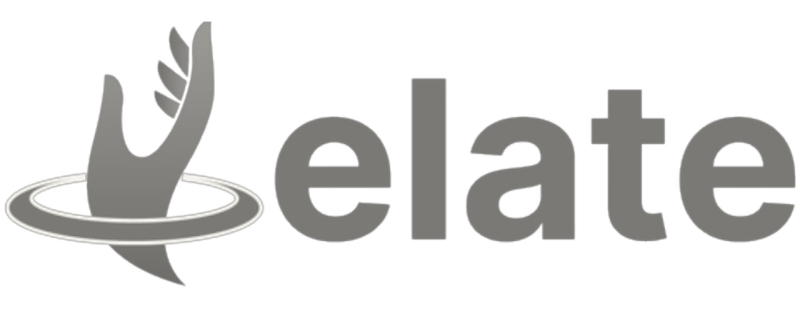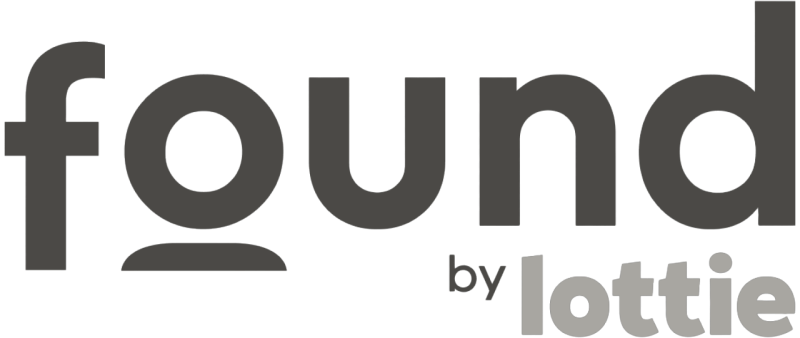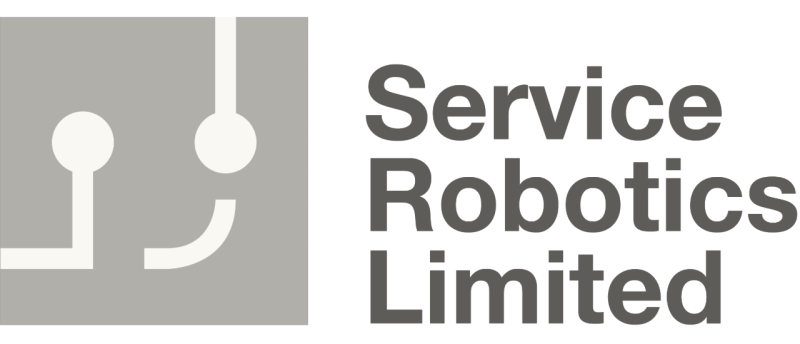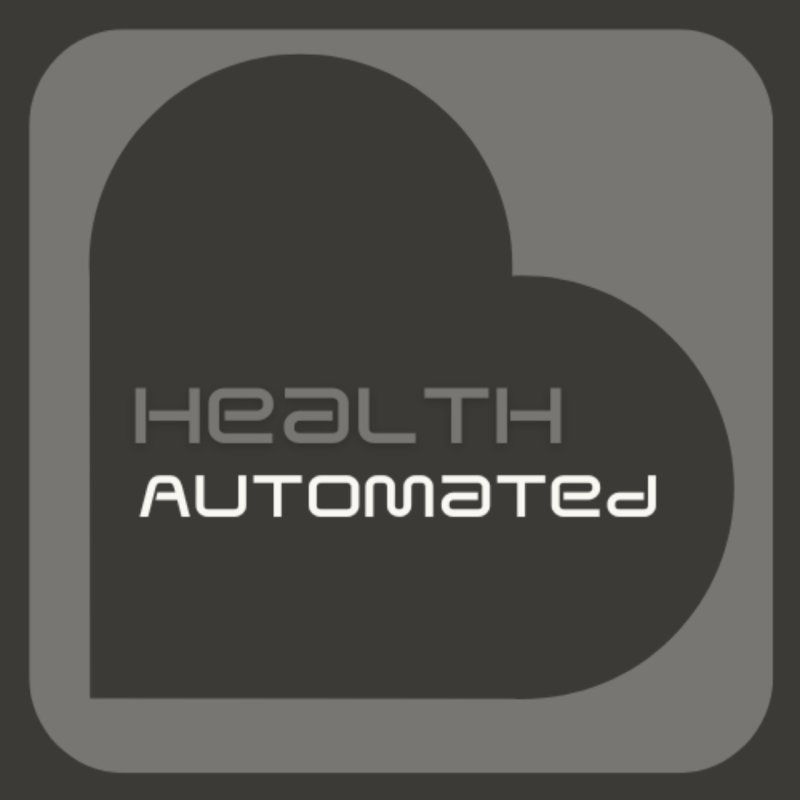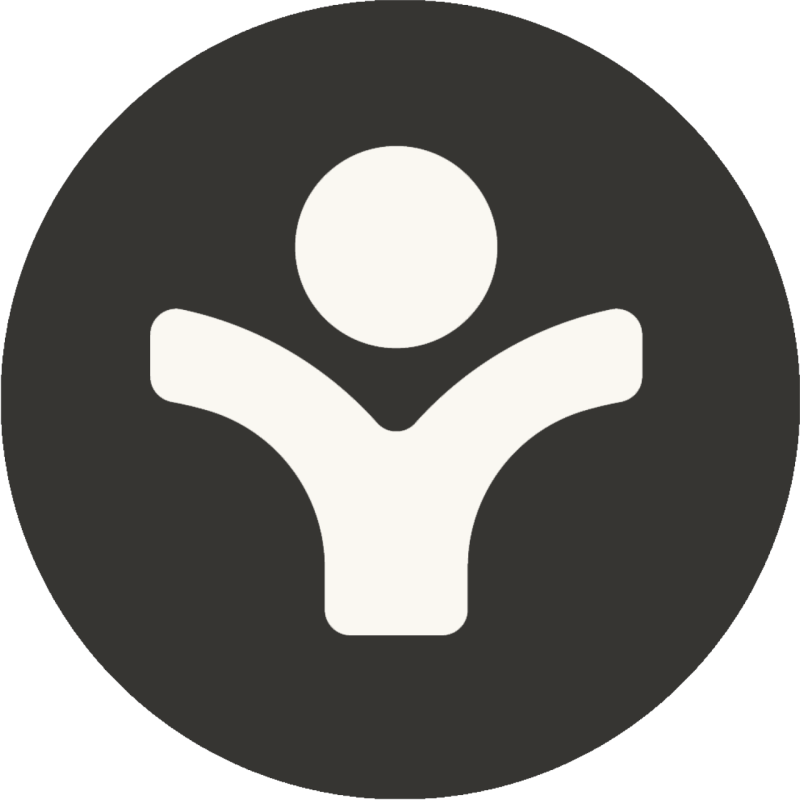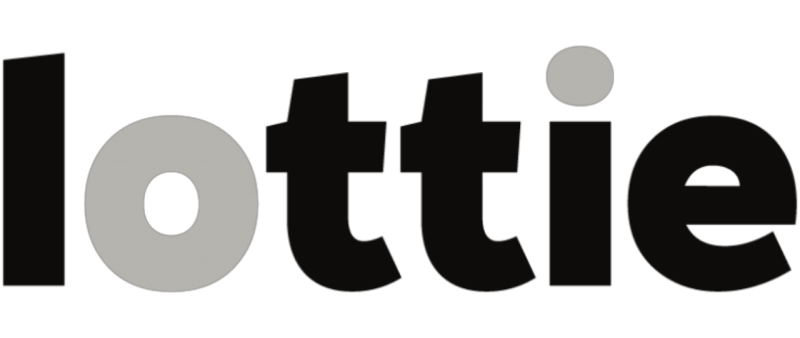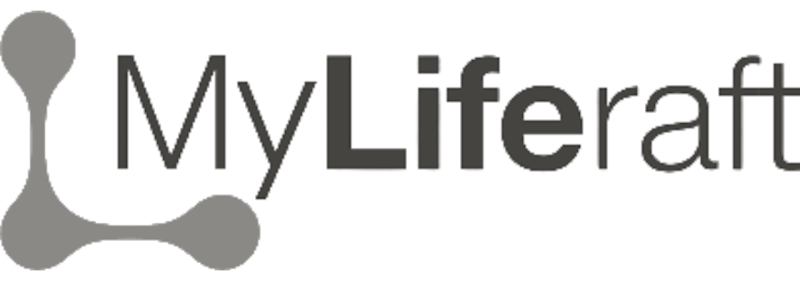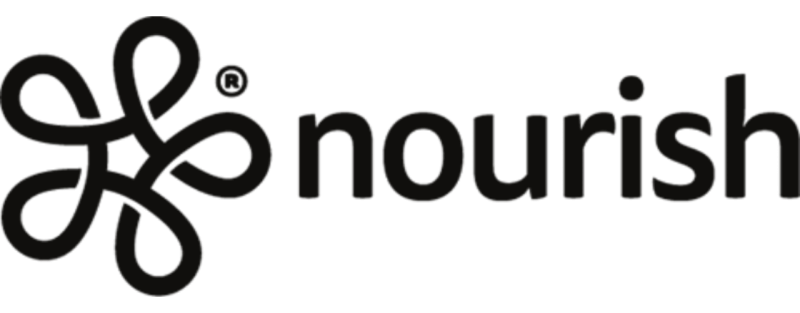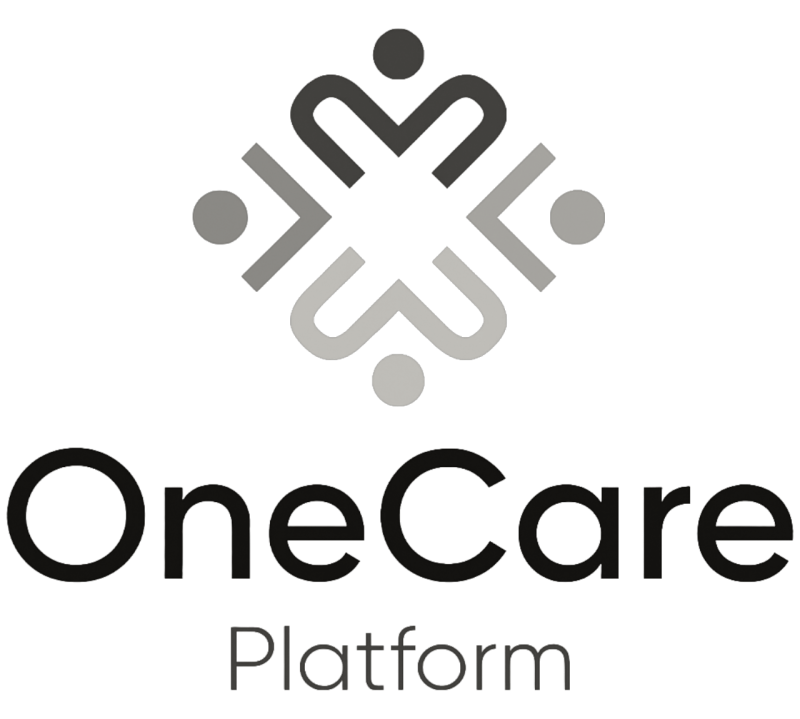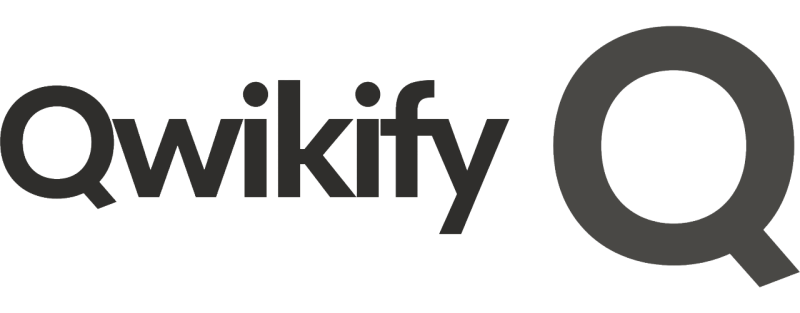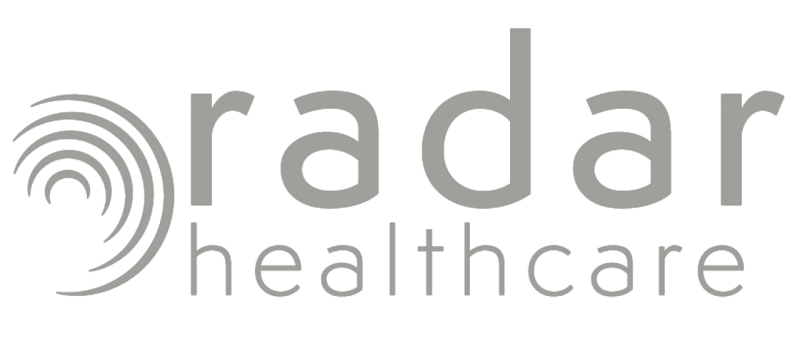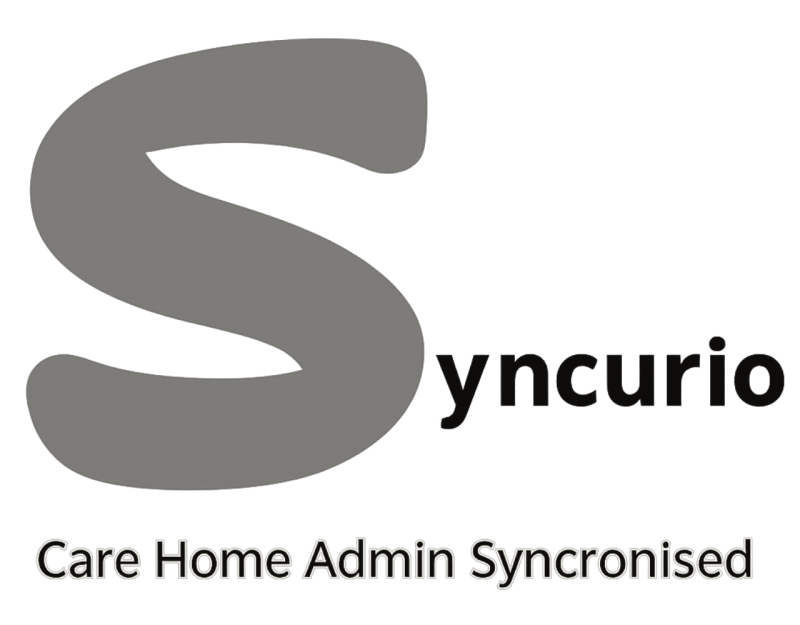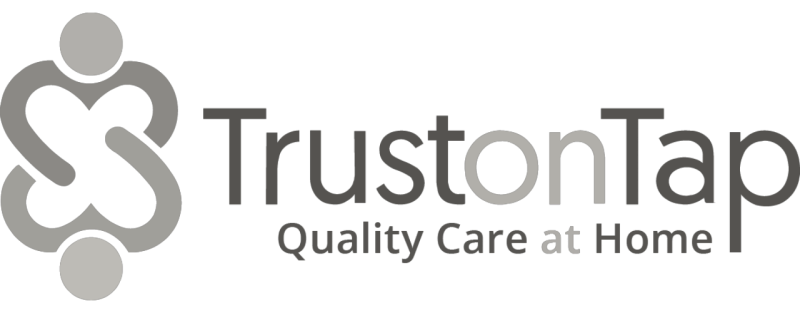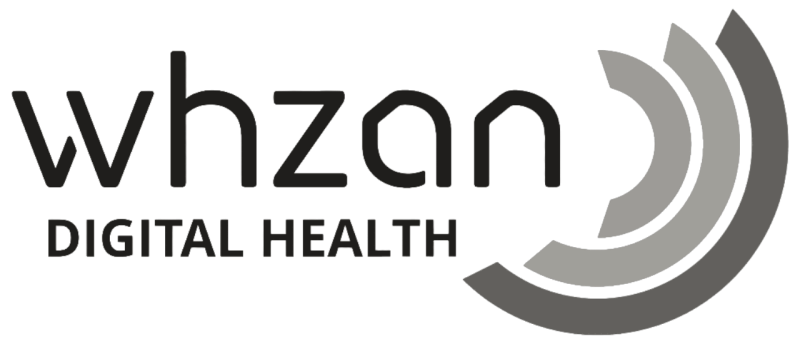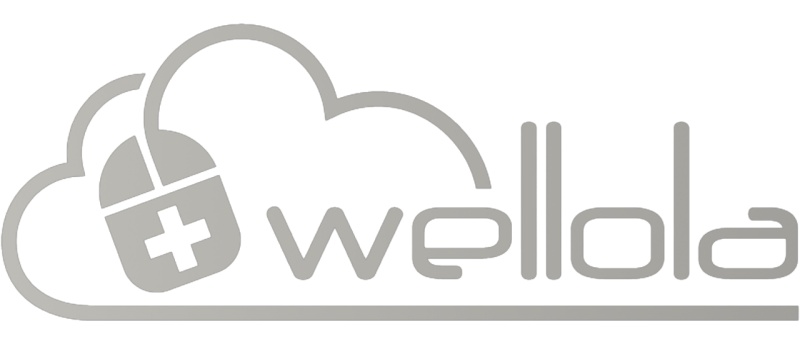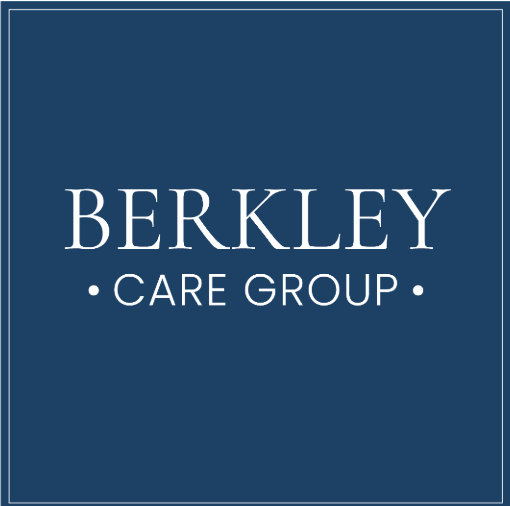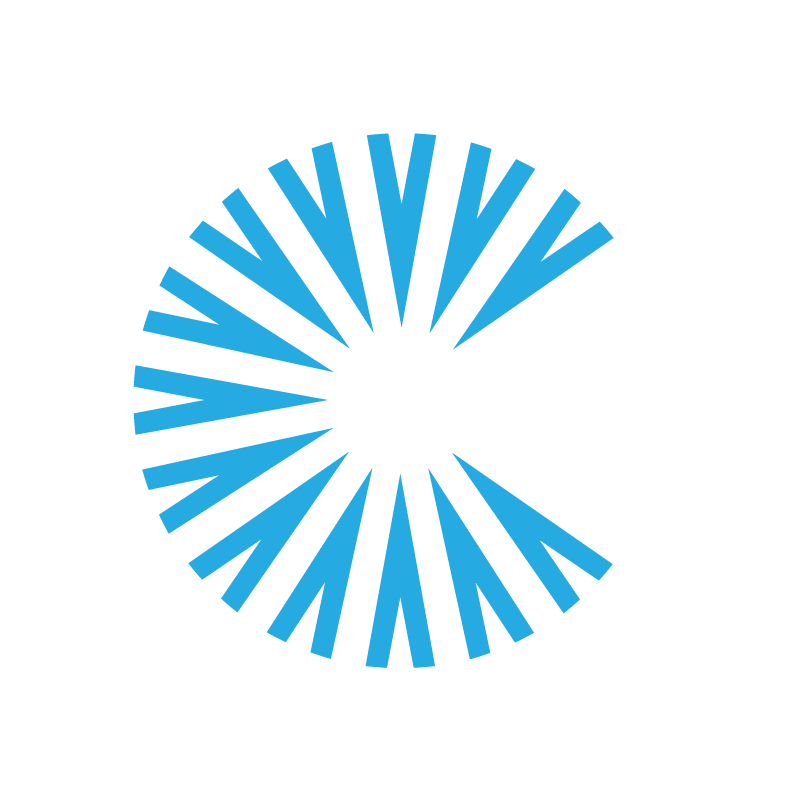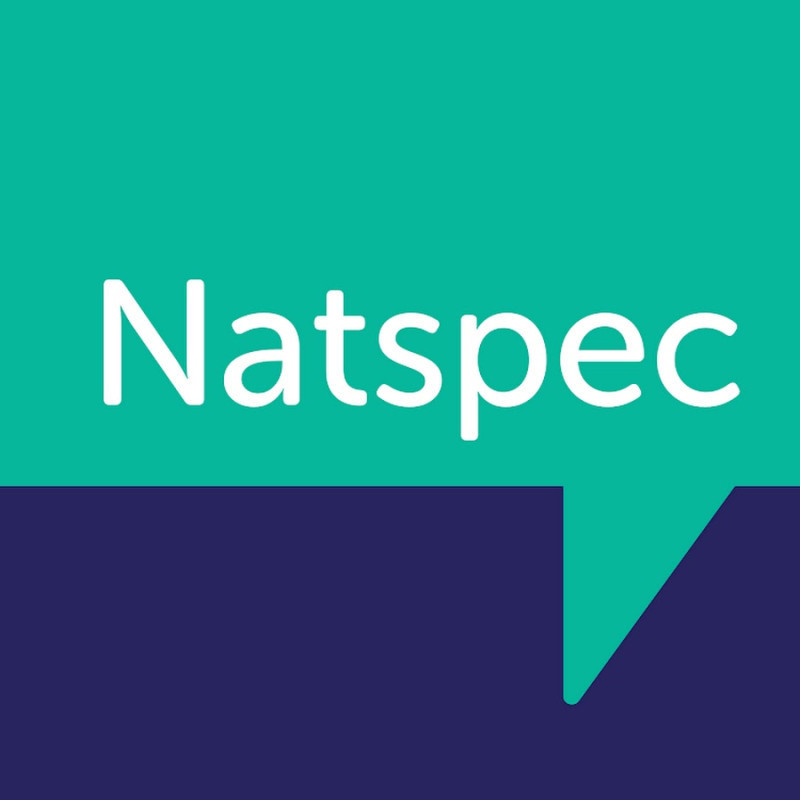Overview
Headquarters: London, United Kingdom
Primary Function: Supported Living and Home Care Management (Clinical and Non-Clinical)
Secondary Function: Compliance and Auditing; Patient Communication Platform
Core Product: Birdie (cloud-based home care management platform)
Introduction
Birdie is a UK-based digital care management platform designed to transform at-home care delivery. Founded in 2017, Birdie’s mission is to empower care providers to deliver high-quality, person-centred care while reducing administrative burdens and ensuring compliance.
The platform provides a unified system for digital assessments, care planning, medication management, rostering, finance, compliance, and real-time updates. By connecting carers, managers, families, and healthcare partners through a single interface, Birdie enables seamless communication and oversight across the entire care journey.
Birdie has grown rapidly, now supporting more than 1,000 home care agencies and facilitating over 30 million care visits annually. Its emphasis on automation, analytics, and integration with healthcare systems positions it as one of the leading digital-first solutions in the UK home care sector.
User Feedback: Strengths and Weaknesses
Publicly available feedback for Birdie is extensive, with hundreds of reviews on platforms such as Trustpilot and case studies from care providers. Overall, user sentiment is strongly positive, though some caveats are noted.
Positive Feedback
Ease of use and adoption
Birdie is consistently praised for its intuitive design. Care providers report that staff adapt quickly, with minimal training required. One Trustpilot reviewer described the transition as “seamless,” noting that even carers less confident with technology were able to adopt the system without issue.
Efficiency and time savings
Agencies report significant reductions in administrative workload. Birdie claims an average 56% time saving across operations, with specific improvements of 61% in auditing, 57% in care planning, and 52% in rostering.
Real-time communication
The Birdie Carer App and Family App are highly valued. Families appreciate receiving live updates, while carers benefit from instant communication and task management.
Compliance and auditing
Managers highlight Birdie’s compliance dashboards, CQC Q-Score benchmarking, and audit trails as major strengths. These features provide confidence during inspections and improve regulatory readiness.
Integration and automation
Birdie integrates with GP Connect, NHS systems, pharmacy platforms, and financial tools such as Xero and QuickBooks. Automation of workflows (e.g., onboarding, compliance alerts, medication reviews) is frequently cited as a differentiator.
Support and training
Testimonials highlight Birdie’s responsive support team and the Birdie Academy training resources. Providers describe onboarding as smooth and well-supported.
Negative Feedback
Learning curve for advanced features
While the system is intuitive, some users note that advanced modules (e.g., finance, payroll, or analytics) require additional training.
Pricing model
Birdie’s pricing is based on the number of care hours scheduled. While transparent, some smaller providers note that costs can scale quickly as operations grow.
Connectivity requirements
As a cloud-based platform, Birdie requires reliable internet access. Some users in rural areas report challenges with connectivity during visits.
Feature requests
A minority of reviews mention desired enhancements, such as more flexible rostering options or additional reporting templates.
In summary, user sentiment is strongly positive around usability, efficiency, compliance, and communication. The main caveats lie in pricing scalability, connectivity, and training for advanced features.
Products and Capabilities
Birdie Unified Platform (Cloud SaaS)
Birdie’s platform is designed as a single, unified system rather than a collection of stitched-together tools. Key features include:
Digital assessments and care planning: Over 15 assessment templates, customisable care plans, and real-time updates.
Medication management (eMAR): Integrated medication tracking, pharmacy links, and safety alerts.
Rostering and workforce management: Drag-and-drop scheduling, skills matching, travel time optimisation, and multi-carer visit support.
Finance and billing: Automated invoicing, multi-payer billing, payroll integration, and expense management.
Compliance and auditing: Real-time compliance alerts, audit trails, and CQC benchmarking.
Carer and Family Apps: Mobile apps for carers (visit notes, tasks, communication) and families (live updates, secure messaging).
Analytics and reporting: Birdie Analytics provides dashboards, 50+ pre-built reports, and trend analysis across care quality, operations, and finance.
Workflow automation: Automated triggers for onboarding, compliance checks, risk assessments, and document expiry tracking.
Interoperability and Standards
Birdie integrates with:
Healthcare systems: GP Connect, NHS data sharing frameworks.
Pharmacy systems: Medication management integrations.
Finance systems: Xero, QuickBooks, and payroll platforms.
APIs: Custom integrations and data exports with over 600 data points available.
The platform is ISO 27001 certified, GDPR compliant, and aligned with the NHS Data Security and Protection Toolkit.
Market Position
Birdie operates primarily in the UK home care market, serving agencies of all sizes, from startups to large franchises. It differentiates itself through:
Unified platform: Built as one system, avoiding the “Frankenplatform” problem of stitched-together tools.
Automation and analytics: Intelligent workflows and predictive compliance scoring.
Family engagement: Strong emphasis on transparency and communication.
Scalability: Suitable for both small agencies and enterprise-level providers.
Competitors include Nourish, CarePlanner, CareLineLive, and Cera Care. Birdie positions itself as the all-in-one, automation-driven alternative with strong compliance and family engagement features.
Implementation and Support
Birdie emphasises quick setup and intuitive use. Case studies suggest that agencies can transition within days, with minimal disruption.
Support is delivered via live chat, email, and optional premium phone support. The Birdie Academy provides training resources, while the company offers consultative onboarding tailored to each provider’s needs.
Security and Data Protection
Birdie embeds security and compliance into its platform, holding ISO 27001 certification and aligning with GDPR and the NHS Data Security and Protection Toolkit. All data is hosted in the UK, ensuring sovereignty and compliance with sector standards while giving providers confidence in the lawful and ethical handling of sensitive information.
Protection is reinforced through audit trails, role-based access, and encryption of data in transit and at rest. These measures ensure accountability, restrict access to only those who need it, and safeguard against unauthorised use—creating a secure, transparent environment that supports safe, high-quality care delivery.
Conclusion
Birdie is a leading UK provider of digital home care management software, offering a unified, cloud-based platform that simplifies operations, ensures compliance, and enhances communication. Its strength lies in automation, analytics, and family engagement, making it a trusted partner for agencies seeking to deliver high-quality, person-centred care.
User feedback consistently highlights ease of use, efficiency gains, and compliance confidence, while challenges include pricing scalability, connectivity requirements, and training for advanced features.
For home care providers seeking a modern, all-in-one platform that empowers carers, engages families, and streamlines operations, Birdie represents a credible and innovative option.
References
Birdie Official Website – The All-in-One Care Management Platform https://www.birdie.care/unified-platform
EliteAI Tools – Birdie Unified Homecare Management and Compliance Platform https://eliteai.tools/tool/birdie
UK Digital Marketplace – Birdie for Home Care https://www.applytosupply.digitalmarketplace.service.gov.uk/g-cloud/services/126012328431224
Birdie – Client Feedback Management https://www.birdie.care/product-tour/collect-client-feedback
Trustpilot – Birdie Reviews https://www.trustpilot.com/review/birdie.care
